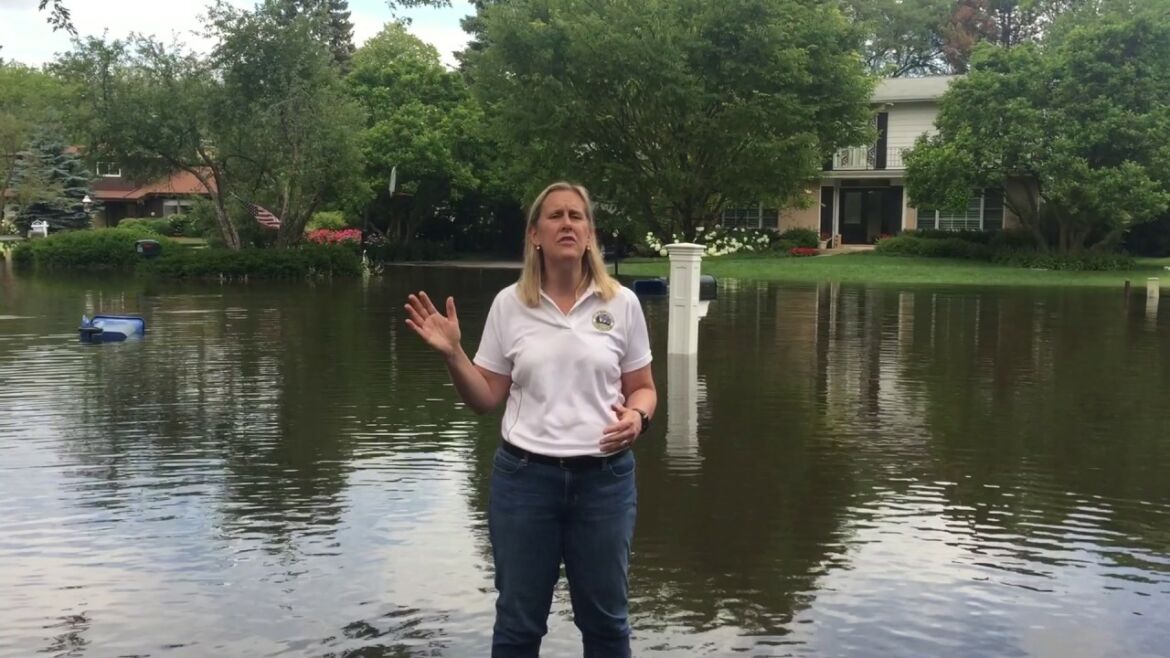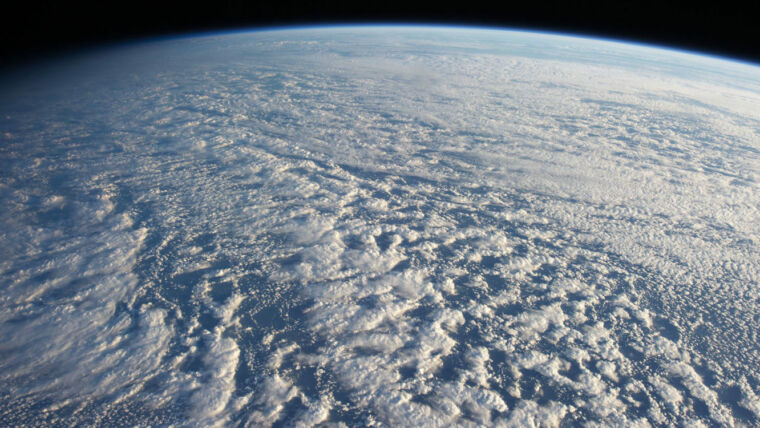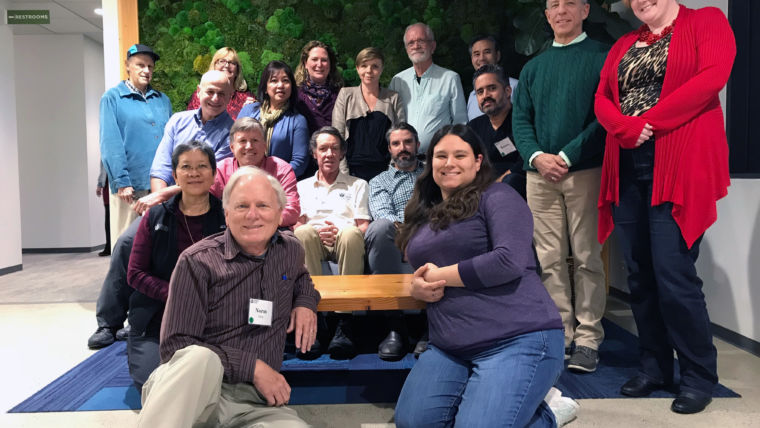Back in the 80’s when it was obvious to me that the science of global warming was clear and convincing I began trying to get others to believe it was happening as well. That has been a long, gradual and uphill process. Nevertheless, in the last two years or so it seems like a critical mass has been achieved here in the US (much earlier everywhere else in the world).
But while more and more people are coming to the conclusion that the climate is warming and that there are many unfavorable consequences of this, it appears that most people haven’t also accepted that this will have an impact on them personally. This is unfortunate for two reasons. First, they fail to do what is prudent to protect themselves and their property. Secondly, they may not feel the urgency necessary to make changes in our society to avoid the worst impacts.
It’s easy to look out the window and feel like not much has changed. That is deceptive. Take Lake County, Illinois where I live. Over the last 20 years or so, the average annual rainfall has tripled. And furthermore, it is happening in more intense storms so the water is coming down in shorter periods of time. Therefore, our drainage systems are not capable of handling this much water all at once and flooding has increased dramatically all over the county including in Highland Park where we live. This is what’s happening NOW and it’s going to continue to get much worse. As a result, we need to plan not simply for what we are already experiencing but for much more water in the future. Unfortunately, no one know for sure how much that will be…
“Respondents overwhelmingly believed climate change is occurring: 73% were “somewhat sure,” “very sure” or “extremely sure” that the Earth’s temperature has been increasing over the past 100 years.”
“And 68% of respondents said global warming is important to them personally.
But most people weren’t worried personally. Only 11% of the respondents said global warming would harm them “a great deal.” Fifty-seven percent said it would harm them “not at all” or “only a little.”
“Even the climate-aware believe they will escape personal impact,” the study says.”
Wake up out there. This is a very local problem not something happening only on the poles or across the oceans or even just at the coasts. It’s happening everywhere and if you haven’t yet been personally affected or know someone who has, it’s likely that you will be sooner or later. And there are lots of ways it can happen that you’re not looking for. Flight delays due to storms or excessive heat so that planes can’t fly. Getting dengue fever on vacation in Florida. Or simply, as happened to me recently, a kayaking trip on a local river cancelled because the water was simply too high and running to strong. Or maybe it’s having asthma, like my wife, and being in LA and not being able to breathe due to the smoke from fires. This is getting more and more personal.
Scientists’ climate warnings are believed — then ignored
by Thomas Frank ( no relation)
Tuesday, October 15, 2019
The 232,000 residents of New Hanover County, N.C., on the storm-battered North Carolina coast agree on two things: Climate change is real, and they haven’t done much to protect their homes.
The unwillingness of climate change believers to take basic protective steps — described in a new University of Notre Dame study — suggests that policymakers trying to encourage climate action are better off talking about the benefits of mitigation than about the dangers of a warming planet.
The Notre Dame research, along with a new Stanford University study showing the benefit of scientists acknowledging some uncertainty about future climate impacts, helps answer major questions about communicating climate change to the public.
The studies have broad implications to the 123 million people living in coastal U.S. counties and to the Federal Emergency Management Agency, which is trying to convince millions of homeowners to buy flood insurance as damage intensifies. Home insurance policies typically do not cover flood damage.
The Notre Dame findings may dishearten scientists who have spent years trying to explain the dangers of climate change. But the researchers say their study could be “good news for those interested in reducing coastal home vulnerability.”
Rather than using science to prove the planet is warming, scientists and policymakers can make a practical case that flood and wind mitigation is easy to do and saves homeowners money in the long run.
“We may not need to convince homeowners to ‘believe’ in climate science in order to convince them to protect themselves,” the Notre Dame researchers conclude in their study, recently published in the journal Climatic Change.
“People have trouble understanding climate change,” the researchers add, noting the distant impacts, lack of personal experience and invisible causes. “Messaging may be more effective if limited to the structural mitigations rather than the context of the changing climate that caused the need for such mitigations.”
The Notre Dame researchers surveyed 662 residents of New Hanover County in 2017, asking the extent to which they believe the climate is changing and the degree to which they have stormproofed their homes against hurricane winds and storm surges.
New Hanover, in North Carolina’s southeastern corner, has been hit repeatedly by major storms including Hurricanes Floyd in 1999, Charley in 2004 and Ophelia in 2005. Hurricane Florence hit New Hanover in 2018, after the survey was done.
Respondents overwhelmingly believed climate change is occurring: 73% were “somewhat sure,” “very sure” or “extremely sure” that the Earth’s temperature has been increasing over the past 100 years.
Respondents widely understood that climate change is the result of emissions from sources like power plants and transportation, and that it will cause rising sea levels, more damaging storms and more frequent flooding. And 68% of respondents said global warming is important to them personally.
But most people weren’t worried personally. Only 11% of the respondents said global warming would harm them “a great deal.” Fifty-seven percent said it would harm them “not at all” or “only a little.”
“Even the climate-aware believe they will escape personal impact,” the study says.
The result: Only a small number of respondents had taken protective steps such as installing storm-rated windows and doors. An even smaller number said they intended to take such steps.
“Climate change attitudes have little to no statistically significant effect on coastal homeowners’ actions towards home protection,” said researcher Tracy Kijewski-Correa, an engineering professor at Notre Dame.
Researcher Debra Javeline, a Notre Dame political scientist, said that policymakers should encourage home mitigation by focusing on “its economic benefits rather than in the context of climate change.”
Scientists who warn about climate change can do a better job persuading the public if they acknowledge some uncertainty about impacts, a separate study by Stanford researchers found.
The Stanford study, published yesterday in the journal Nature Climate Change, could help guide scientists as they struggle with how much uncertainty to disclose.
“It was important to understand whether expressing uncertainty would undermine persuasion, or whether the general public might instead recognize that the study of the future has to involve uncertainty and [would] trust predictions where that uncertainty is openly acknowledged,” said researcher Lauren Howe.
The researchers wrote that their study “rebuts the often-heard claim that expressing uncertainty undermines persuasion.”
“People seem to recognize that complete certainty in future predictions is not possible, especially in the context of global warming,” the study concludes.
The researchers surveyed 1,174 U.S. residents and asked each to read one of three statements about future global sea-level rise. The first statement was a prediction of the most likely amount of sea-level rise. The second statement included the prediction and a worst-case scenario. The third statement included a prediction along with worst- and best-case scenarios for sea-level rise.
People who read the third statement had more trust in the scientists than the people who read the other two statements, researchers found. “Attempts to catastrophize by focusing only on how bad things can get may not be effective,” the study says.
Scientists who acknowledge that their predictions cannot be precise “may bolster their credibility” and acceptance by non-scientists, said Stanford social scientist Jon Krosnick, who wrote the paper with Howe.
But the researchers also found that scientists undermine public confidence in their predictions when they say damage from climate change is unpredictable.
Half of the survey participants read a follow-up statement acknowledging that forces such as storm surge make it impossible to measure future damage from sea-level rise. Those participants had less trust in scientists than their counterparts.
The study suggests that scientists should carefully weigh what types of uncertainty they disclose. “Scientists could highlight uncertainty that has predictable bounds without overwhelming the public” with information about uncertainty that cannot be measured, Howe said.



